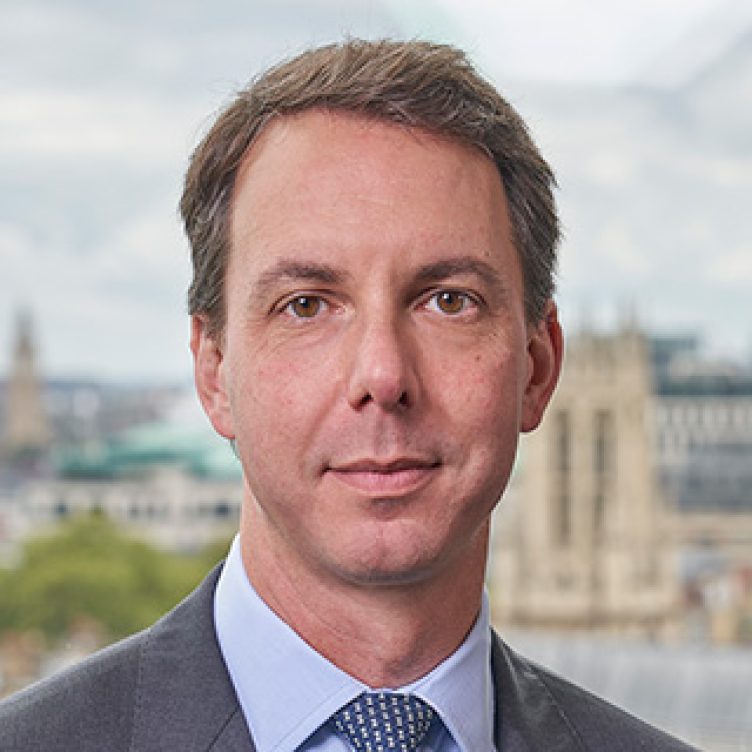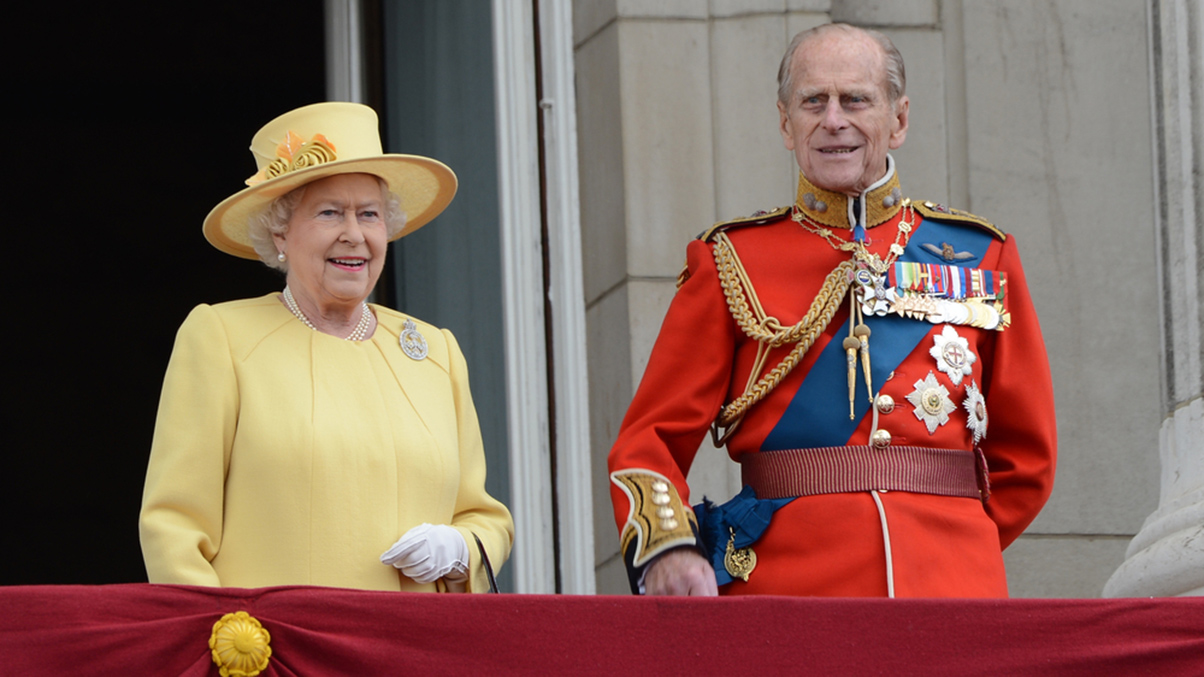Following Prince Philip’s death, the High Court ordered that his will should be kept secret from the public for 90 years, breaking with the standard practice of making wills freely available after being admitted to probate. Appearing on US podcast Is That Even Legal?, Geoff Kertesz and Judith Swinhoe-Standen explain why the will has not been made public.
The ruling was not unexpected as sealing of wills has been standard practice for senior members of the royal family for more than a century, but the announcement attracted widespread media coverage. The President of the Family Court, Sir Andrew McFarlane, declared that “there is a need to enhance the protection afforded to truly private aspects of the lives of this limited group of individuals in order to maintain the dignity of the Sovereign and close members of her family.”
During the podcast, Geoff and Judith explained the origins of the practice of royal will-sealing and discussed moments when the practice has been challenged, such as in 2007 when an individual claimed to be the illegitimate son of Princess Margaret and (unsuccessfully) appealed for her will to be unsealed.
Geoff noted that the justice system tends to make distinctions between the rights of the general public to view a will’s contents, and the rights of an individual asserting genuine private interest in the will. Judith suggested that someone bringing a legitimate claim to be related to a royal family member may be allowed access on a discretionary basis, but so far no individual has been able to prove this.
The future of secret wills
The Guardian lodged an appeal after the media was banned from the initial ruling on sealing Prince Philip’s will. Judith noted that the omission of the media from the hearing added a layer of secrecy even as the concept of ‘open justice’ has become more widespread in the courts. For example, financial remedy judgments in divorce cases in England and Wales will now be published in full by default (with children granted anonymity).
Geoff and Judith pointed out that many want to see more transparency over the Royal Family’s financial affairs, and that cases such as this seem inconsistent with that basic principle. Analysing the decision to seal Prince Philip’s will for 90 years (the first time a time limit has been placed on a royal will), they noted this may represent a nod towards increasing transparency going forward.
During the course of the podcast, the participants also discussed the idea of non-royal celebrities requesting their wills be sealed. Mechanisms to keep aspects of a will confidential already exist, and such a move could be a logical extension of the right to privacy for individuals in the public eye.
Is That Even Legal?
Hosted by US attorney Bob Sewell, the Is That Even Legal? podcast explores how the law affects the general public, often in unexpected ways. Recent topics include Covid-19 vaccine mandates, ‘designer’ divorces and the Pandora Papers.
Click below to listen.
You can find further information regarding our expertise, experience and team on our Trust and Probate Litigation page.
If you require assistance from our team, please contact us.
Subscribe – In order to receive our news straight to your inbox, subscribe here. Our newsletters are sent no more than once a month.







